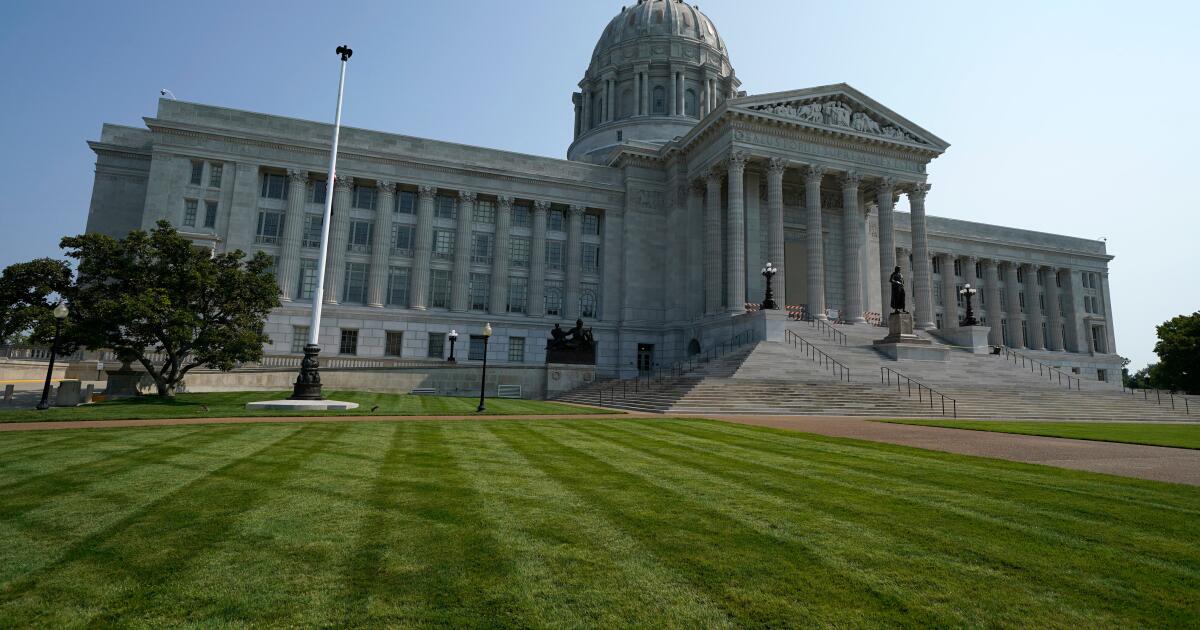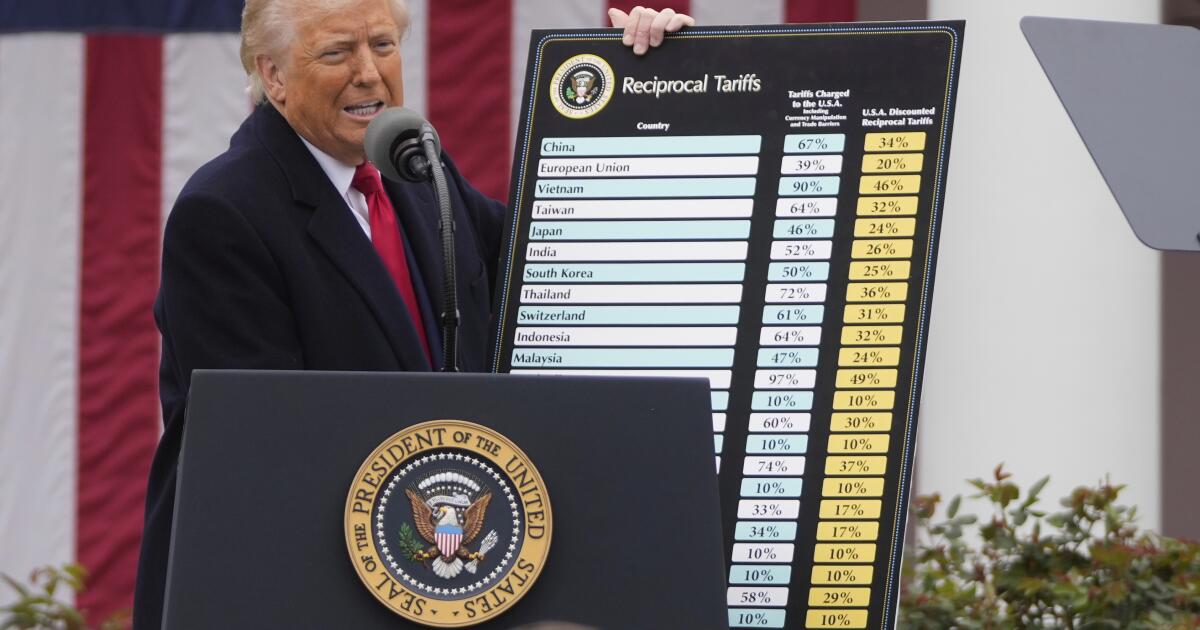Missouri governor signs Trump-backed GOP gerrymandered map into law
JEFFERSON CITY, Mo. — Missouri Gov. Mike Kehoe signed a new U.S. House map into law Sunday as part of President Trump’s plan to try to hold on to a narrow Republican majority in next year’s midterm elections.
Kehoe’s signature puts the redrawn districts into state law with a goal of helping Republicans win one additional seat. But it may not be the final action. Opponents are pursuing a referendum petition that, if successful, would force a statewide vote on the new map. They also have brought several lawsuits against it.
U.S. House districts were redrawn across the country after the 2020 census to account for population changes. But Missouri is the third state this year — following Texas, which then triggered a response from California — to try to redraw its districts for partisan advantage, a process known as gerrymandering.
Republican lawmakers in Texas passed a new U.S. House map last month aimed at helping their party win five additional seats. Democratic lawmakers in California countered with their own redistricting plan aimed at winning five more seats, though it still needs voter approval. Other states also are considering redistricting.
Each seat could be critical, because Democrats need to gain just three to win control of the House, which would allow them to check Trump’s agenda and carry out oversight investigations. Trump is trying to stave off a historical trend in which a president’s party typically loses seats in midterm elections.
Republicans currently hold six of Missouri’s eight U.S. House seats. The new map targets a seat held by Democratic U.S. Rep. Emanuel Cleaver by shaving off portions of his Kansas City district and stretching the rest of it into Republican-heavy rural areas. It reduces the number of Black and minority residents in Cleaver’s district, which he has represented for two decades after serving as Kansas City’s first Black mayor.
Cleaver has denounced the gerrymandering plan for using Kansas City’s Troost Avenue — a street that has long segregated Black and white residents — as one of the dividing lines for the new districts.
Kehoe has defended the new map as a means of boosting Missouri’s “conservative, common-sense values” in the nation’s capital, ignoring Trump’s unabashedly partisan justification for it.
“Missourians are more alike than we are different, and our values, across both sides of the aisle, are closer to each other than those of the congressional representation of states like New York, California, and Illinois. We believe this map best represents Missourians, and I appreciate the support and efforts of state legislators, our congressional delegation, and President Trump in getting this map to my desk,” Kehoe said in a statement.
Kehoe signed the new law during an event that was closed to the public.
Opponents are gathering petition signatures seeking to force a statewide referendum on the new map. They have until Dec. 11 to submit around 110,000 valid signatures, which would put the map on hold until a public vote can occur sometime next year.
Meanwhile, opponents also are pursuing a variety of legal challenges. Several lawsuits by voters, including a new one announced Sunday by a Democratic-affiliated group, contend that mid-decade redistricting isn’t allowed under Missouri’s Constitution.
“It was not prompted by the law or a court order; it was the result of Republican lawmakers in Missouri following partisan directives from politicians in Washington, D.C.,” said Marina Jenkins, executive director of the National Redistricting Foundation, a nonprofit affiliate of the National Democratic Redistricting Committee.
A previously filed lawsuit by the NAACP contends that no “extraordinary occasion” existed for Kehoe to call lawmakers into session for redistricting.
A lawsuit by the American Civil Liberties Union also asserts that the new Kansas City-area districts violate state constitutional requirements to be compact and contain equal populations. It notes that the redistricting legislation lists a “KC 811” voting precinct in both the 4th and 5th congressional districts, which it asserts is grounds to invalidate the new map.
But Kehoe’s office said there is no error. It said other government agencies had assigned the same name to two distinct voting locations.
Lieb writes for the Associated Press. AP writer Juan A. Lozano in Houston contributed to this report.

